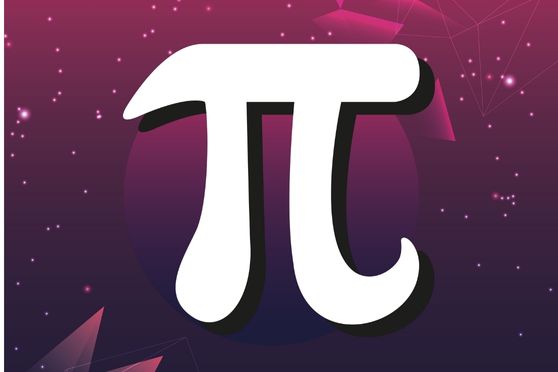National Pi Day: 5 facts about the number pi & 3 careers to pursue with a Maths Degree


Every year on 14 March, mathematicians, scientists and maths enthusiasts across the world celebrate Pi Day, that commemorates the mathematical constant Pi. The date written in the m.dd format corresponds to the standard value of pi rounded off to the second point of decimal, i.e: 3.14. This day not only commemorates a very special number, but also marks the birth anniversary of the great scientist and mathematician Albert Einstein. On the occasion of National Pi Day, Mr. Neelakantha Bhanu, Fastest Human Calculator, shares some interesting facts about the mathematical constant Pi as well as some of the best career choices after pursuing a degree in mathematics.
Interesting facts about the famous number Pi

Pi, like so much of mathematics, is fascinating and inspires you to think. And for those pursuing a degree in the subject, “I believe a degree in mathematics opens up a lot of opportunities for a student. I consider maths to be the centre of the universe” added Mr. Neelakantha Bhanu
Top 3 career choices to pursue after a degree in mathematics:
“I pursued a career in entrepreneurship and I must say that my maths degree has helped me a lot in my journey of entrepreneurship. The arithmetic knowledge helped me understand the business better by strategizing the best outcome for Bhanzu. From my experience I strongly believe that one can explore strategy-based positions with a maths degree,” says Bhanu.
2. Data Scientist: A degree in mathematics, not only teaches you to analyse data, but also to understand it, interpret it and visualise it. These are the core skills that make for a good data scientist or analyst. They use statistical techniques and mathematical models to find insights and patterns in large datasets, helping organisations make better decisions.

3. Software Developer: Owing to the nature of mathematics - which teaches students to think systematically and use logic to solve complex problems, graduates are also primed adequately to pursue a career as software developers. Strong analytical and problem-solving skills, as well as the ability to think in algorithms are essential for this career. Armed with these skills software developers are able to efficiently develop software for a variety of applications, such as financial analysis, data management, and scientific research.
So, if you have a strong aptitude for numbers, pursuing a career in mathematics can be a worthwhile decision. Besides the three careers listed here, there are a number of other opportunities, such as investment banker, statistician, actuary, chartered accountant and so much more… Your final choice should depend on the area that appeals most to you.
Edugraph wishes all Mathematics enthusiasts a very happy National Pi Day!